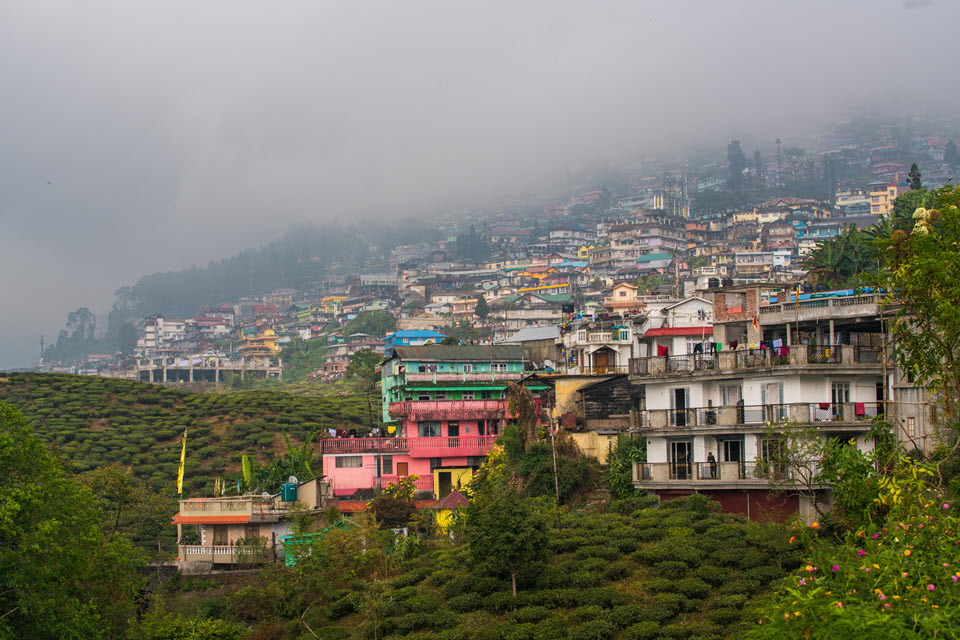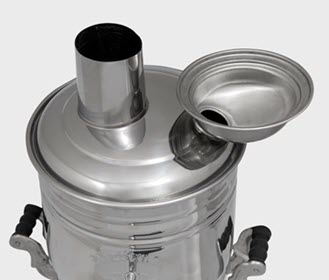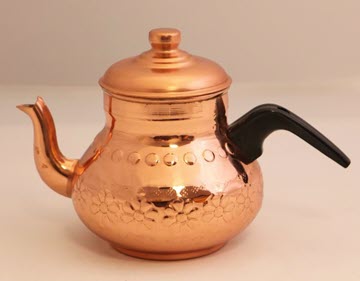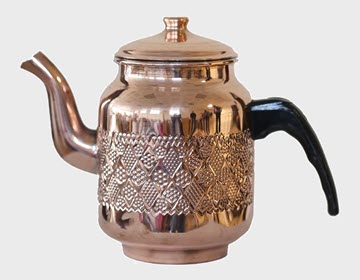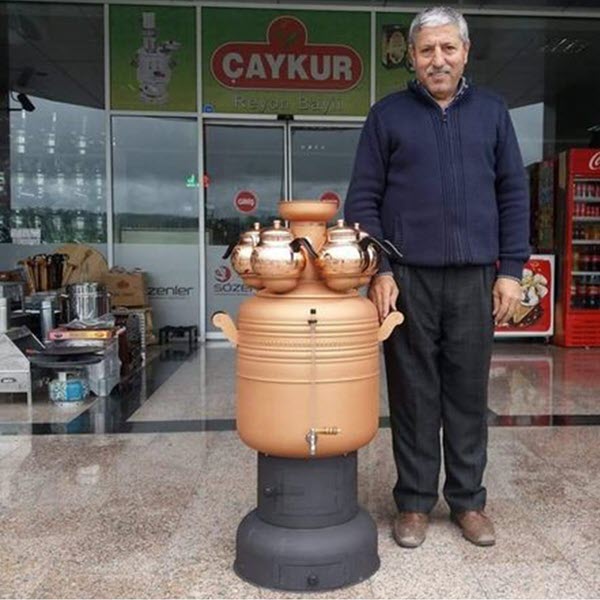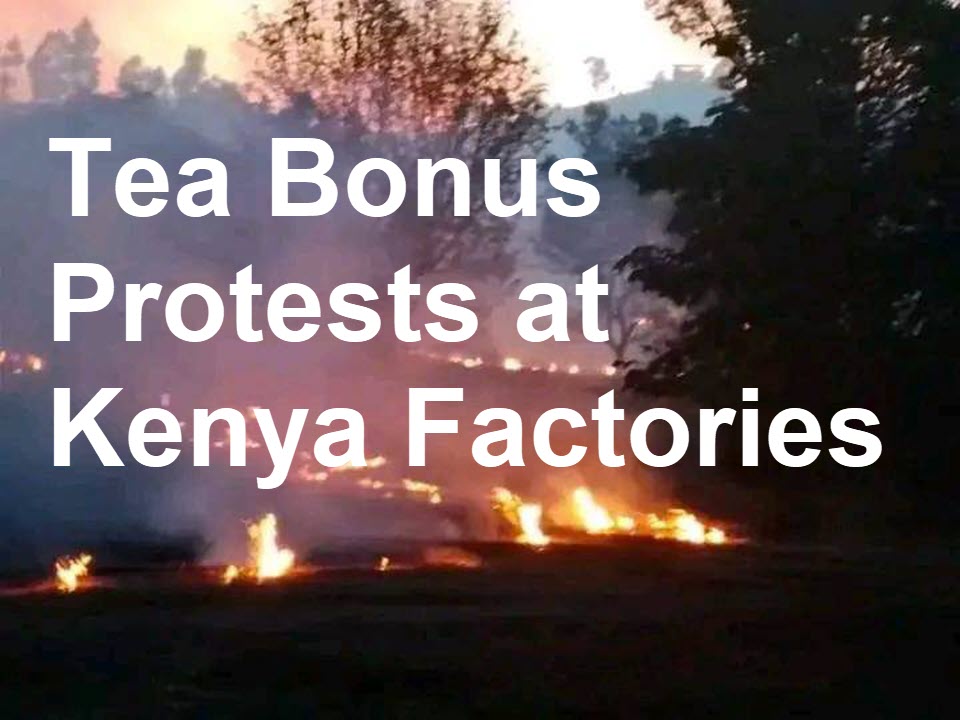By Aravinda Anantharaman | Editor
India Tea News for the week ending October 18, 2024
Powered by RedCircle

Singtom Tea Gardens in Darjeeling Burn Down
On October 9th, the bungalow of the assistant manager of Singtom tea estate burned down. A few days later, on October 13th, the manager’s bungalow caught fire. The workers alerted the police and the fire department, but the bungalows were destroyed. Police say arson has not been ruled out.
Singtom tea estate has been closed since September 25th following the recent bonus discussions. Unions in Darjeeling have demanded 20%, and as protests intensified, the manager and assistant manager of the Singtom Tea Estate chose to leave without notice about three weeks ago. This was likely done out of fear of the protests escalating. Meanwhile, the dispatch of tea from the gardens has been stopped, and unsold tea is piling up in the hill town. Singtom employs around 680 workers, who have said they have not received any bonus payments. Both sides – the management and workers – are now stuck in limbo, and losses extend to both. As it happened, the bungalows that burned down were part of Singtom’s hospitality offering, which brought additional revenue to the company.
Kangra Tea Board Seeks To Promote Tea In Airports and Stations
At the 250th board meeting of the Tea Board India held in Palampur, discussions included promoting Kangra tea. Consequently, there are plans to improve the tea’s visibility in the market. The Tea Board plans to leverage resources from the recently announced Tea Development and Promotion Scheme for campaigns and sustained brand promotion. Plans include airports and railway stations. Incidentally, the East India Company’s tea promotion campaign included the extensive railway network they had built to introduce and promote tea to the Indian market.
Ratan N. Tata Passes Away
Indian industrialist and Chairman Emeritus of Tata Sons and the Tata Group, Ratan Naval Tata, passed away on 9th October. He was 86. Under his leadership, the Tata Group became a formidable and profitable business conglomerate with a strong global footprint. The tea industry, in particular, found an ally in Mr Tata. Under his leadership, Tata Tea went from being a tea plantation business to a consumer tea brand, making packaged and branded tea accessible to consumers. In 2005, he decided to exit the plantation business in Munnar, but rather than sell the company, he offered it to employees who continue to be shareholders of the Kanan Devan Hills Plantation Ltd. In the east, Tata Tea was divested from the plantation business in 2007. During Ratan Tata’s leadership, Tata Tea acquired Tetley, a well-established brand valued at nearly four times Tata’s net worth. It was described as “the audacious acquisition of a global shark by an Indian minnow.” At the time, it was the most significant cross-border acquisition of an international brand by an Indian company. His business achievements run long, but beyond that, Tata will be remembered for his humility, love for dogs, and legacy of philanthropy that impacted everything from cancer research to sanitation—a person who made a difference.
Episode 190
Powered by RedCircle
Latest India Tea News
- Red Sea Shipping Attacks Paused | Carlsberg Acquires UK Bottler Britvic | Kidney Mortality Rates Lower for Tea Drinkers Consuming Oxidized Tea
- Indian Tea Industry Flags Poor Imports | Chai Point Aims For Guinness Record at The Kumbha Mela | 2nd Inter Tea Garden Football Tournament in Assam This Week
- Hot Tea Gains Marketing Momentum | FDA Bans Red Dye No. 3 | Argentine Tea Awarded GI Status
- Wagh Bakri Plans Expansion in 2025 | Tocklai Launches Learning Platform
- Global Tea Institute 2025 Colloquium: Tea and Peace

